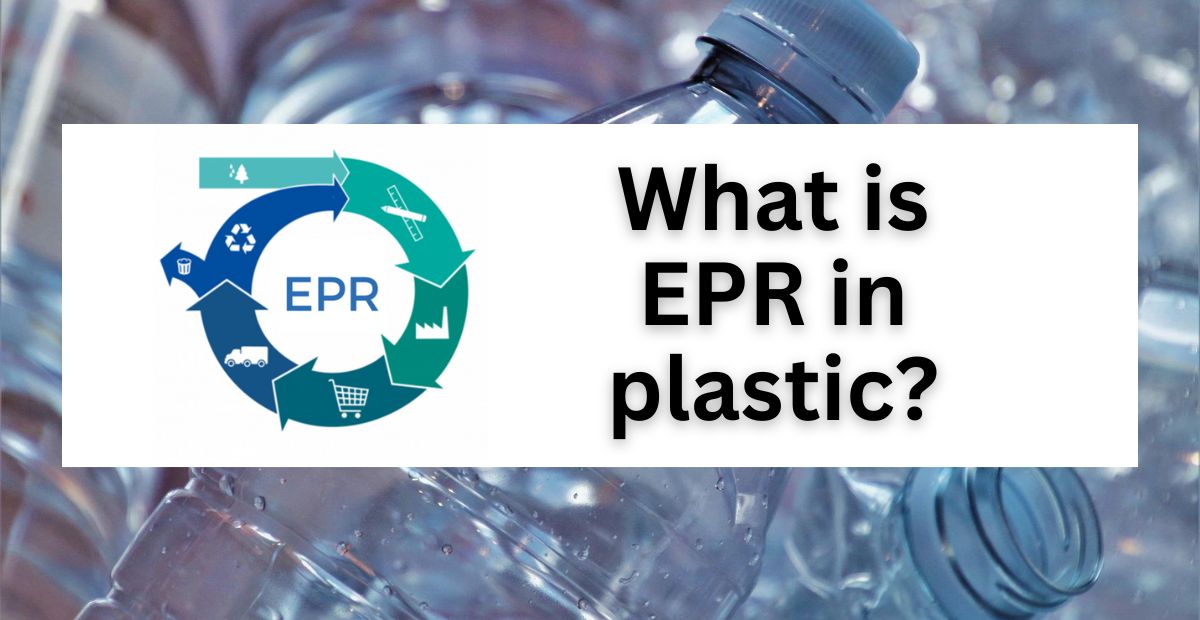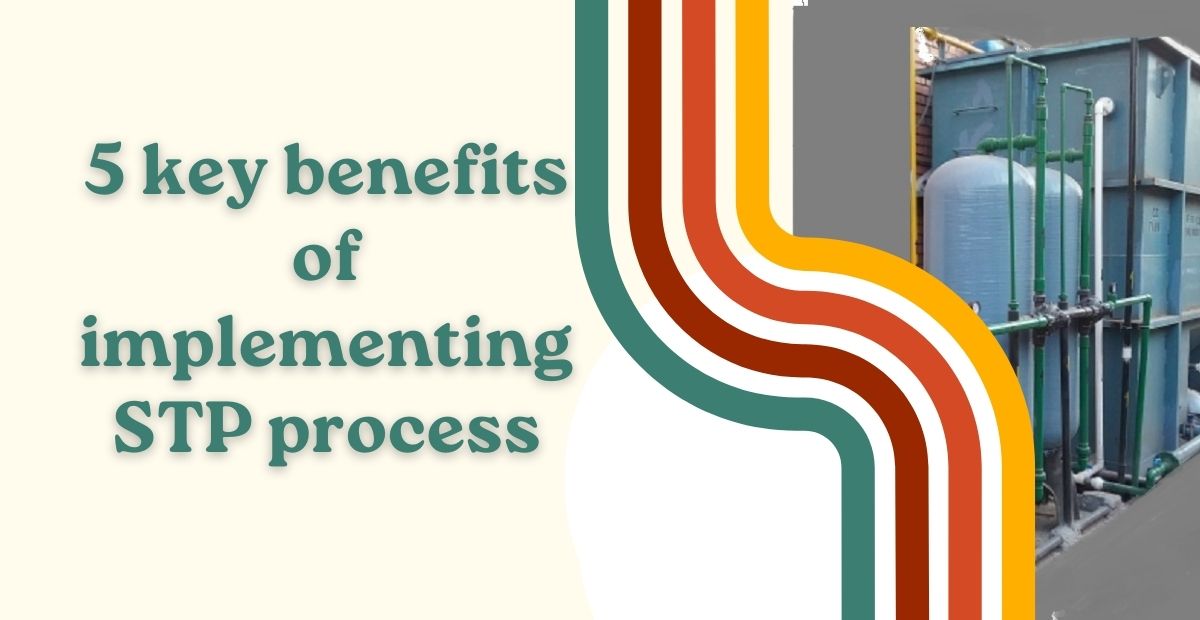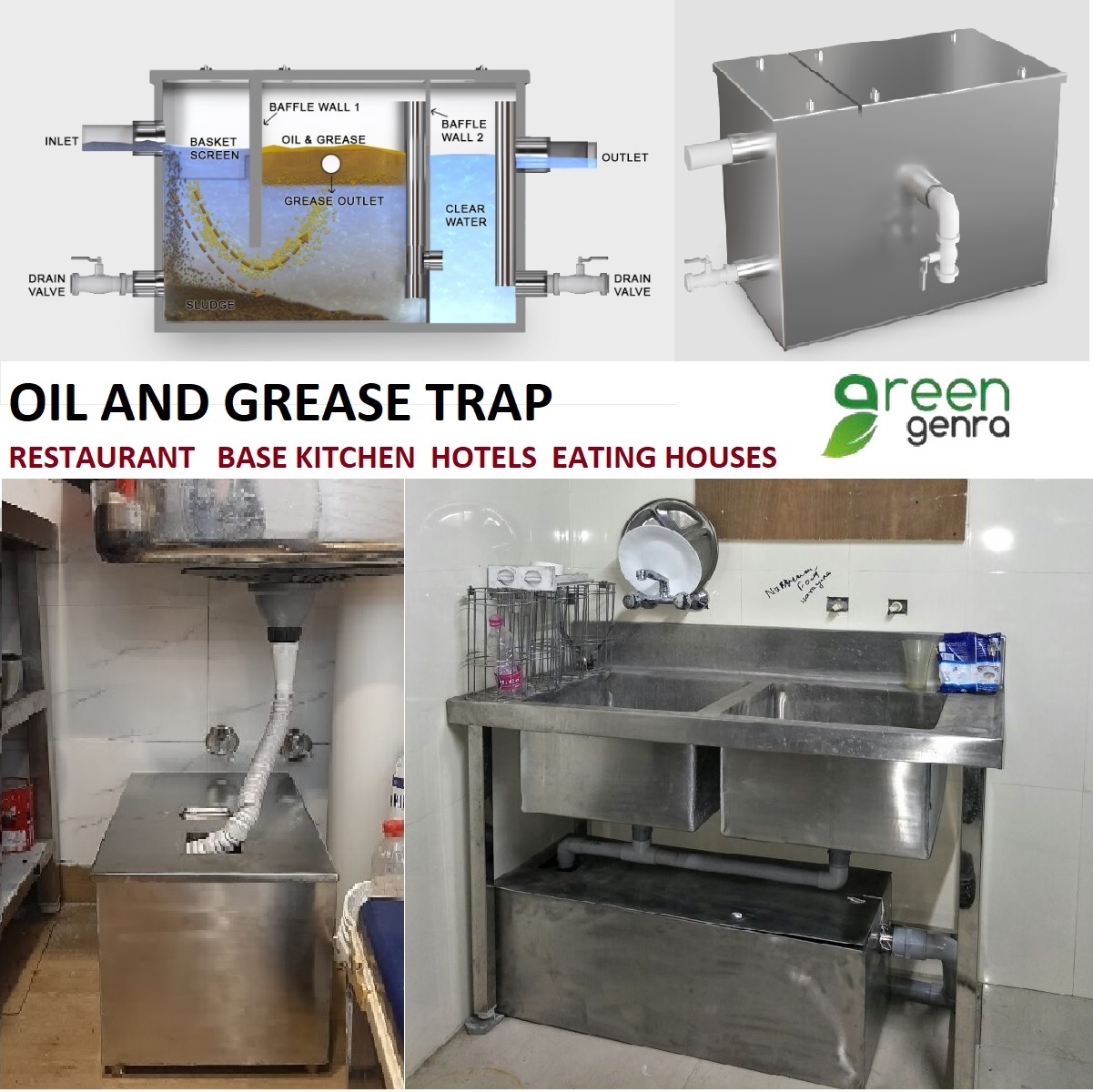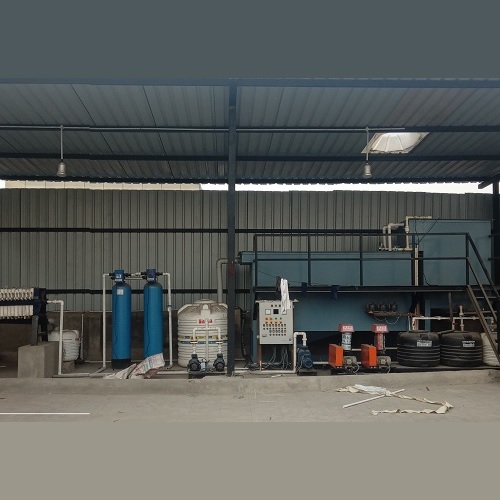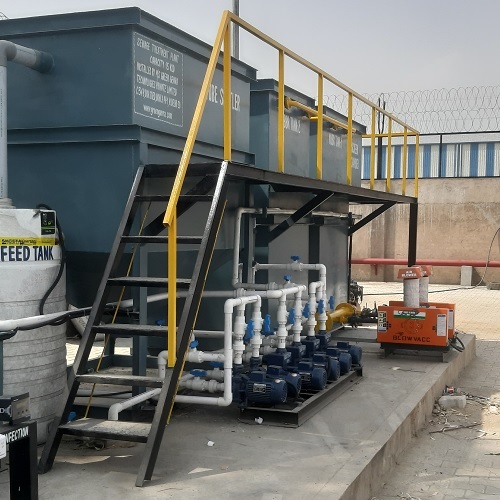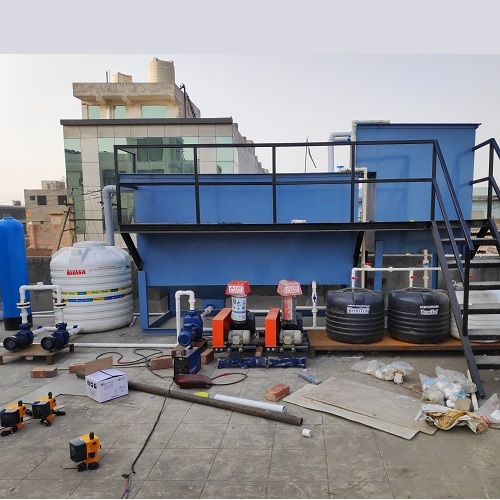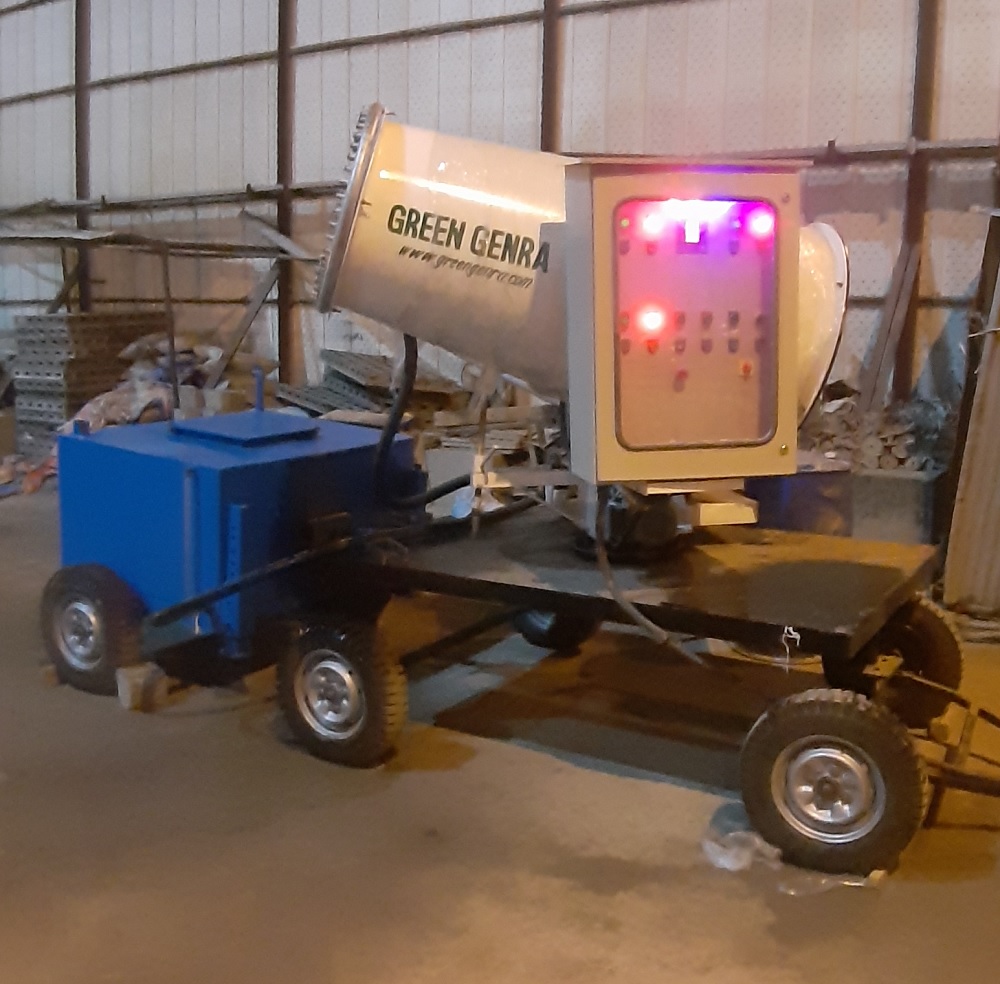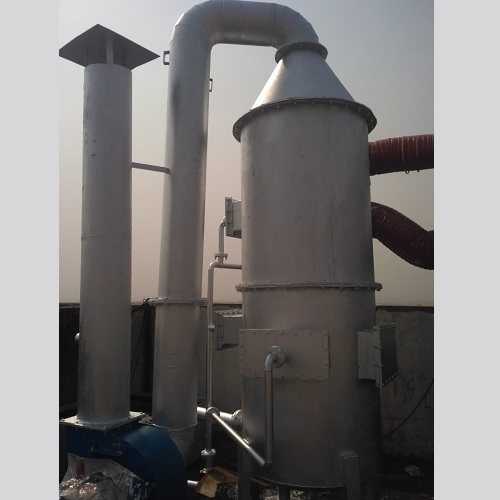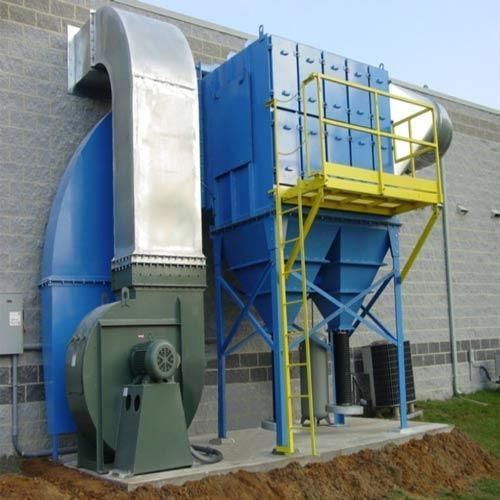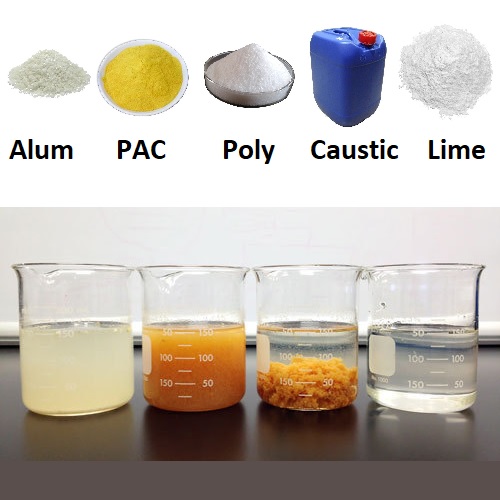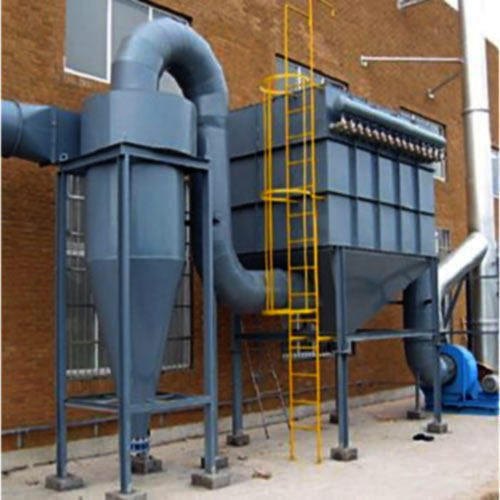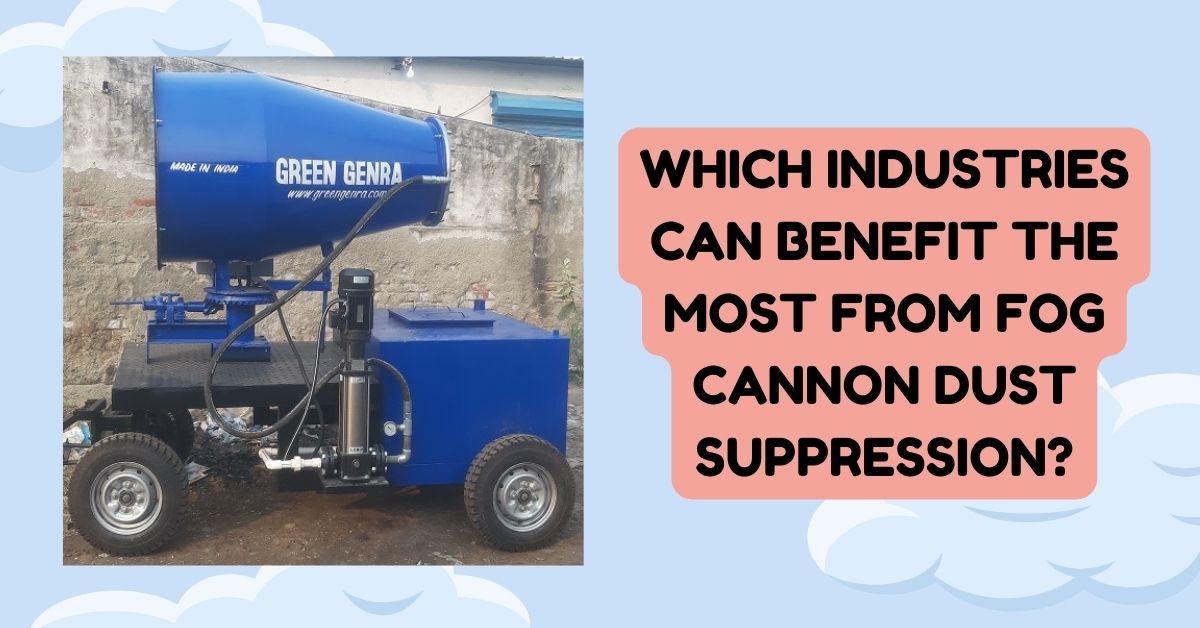EPR Registration Step towards a greener future in plastic waste management
EPR registration for plastic waste management or the extended producer responsibility registration for plastic waste management is the mechanism aimed at making producers responsible for the entire life cycle of plastic products they introduce in market.
It is designed to encourage producers to design environment-friendly products by incorporating waste management costs into product development process. It is a critical regulatory requirement for businesses involved in the production, handling, and import of plastic products.
The EPR registration for plastic waste management epitomizes the responsibility of producers to manage the environmental impact of their products throughout the lifecycle including post consumer stage.
This initiative minimize the plastic pollution, encourage recycling and responsible disposal of plastic waste.
What are the key aspects of EPR registration?
1. Responsibility on producers: EPR shifts the responsibility for waste management from municipalities and consumers to producers. The producers are fully resonsible for collecting and processing their products once they become waste.
2. Registration: The producers, importers, brand owners are required to register with the environmental agency or authority based on the regulations. They must report quantities of plastic placed on the market and demonstrate compliance with the recovery targets and recycling.
3. Product design: By making producers responsible for end-of-life management of their products, EPR encourages the design of the products that are easy to recycle and have low environmental impact and contain recycled content.
4. Financial responsibility: Producers are required to finance the collection, sorting, and the recycling of waste. This can involve paying fees as per the amount and type of plastic packaging they produce. The fees collected are used to support waste management system and recycling.
5. Documentation: All those businesses registered under EPR schemes must maintain detailed records of their waste management activity that include amounts of waste collected, recovered and recycled. This data must be reported regularly to relevant authorities.
What are the objectives of EPR for plastic waste management?
1. Minimize plastic waste: The EPR incentivize producers to generate less waste and boost recyclability of their products.
2. Promote recycling: It aims to achieve higher recycling rates for plastic products and minimize the resilience on virgin materials.
3. Reduce environmental impact: It encourages more sustainable product design and minimize the amount of plastic waste that ends up in landfills or the environment.
4. Support circular economy: It paves way for a circular economy where materials and products are recycled and reused to maximum.
What are the benefits of EPR certificate?
1. Improve environmental compliance: EPR ensures the businesses with applicable environmental regulations comply with them. If any business do not do so are liable to face legal penalties that can affect its daily work activity and even lead to closure. With EPR registration, businesses can improve environmental compliance and secure itself from incurring fines.
2. Better management of waste: EPR offers clear understanding to businesses pertaining collection, storage, transportation, treatment, recycling or disposal of their waste. Businesses can manage all kinds of waste ensuring no harm is done to general public or the environment. Also, it creates a culture of recycling by motivating producers adjust their packaging, design and ways to make products easily recyclable at end of their life cycle.
3. Minimize waste management costs: EPR registration mandates businesses to put comprehensive efforts and techniques in place for effective waste handling alongside minimizing overall expenditure to great extent.
4. Create positive brand image: With EPR registration businesses can create a positive brand image that will further help it strengthen customer relations by establishing credibility with them.
FAQs
1. What is EPR authorization for plastic waste management?
It is the process wherein importers, producers or manufacturers of plastic goods comply with EPR regulations set by Central Pollution Control Board.
2. Who needs EPR license or certificate?
Every producer, importer, brand owner and plastic processors of plastic packaging in India needs EPR certificate to keep plastic waste under control.
3. What is the aim of EPR authorization?
EPR authorization aims to ensure proper collection, recycling and environment-friendly disposal of plastic waste.

































Definition and Purpose of ETP (Effluent treatment plant) ETP means Effluent Treatment Plant. It is a meticulously designed...
EPR stands for the extended producer’s responsibility for the plastic waste. EPR registration process for plastic waste...
A sewage treatment plant or STP is a device that is smartly engineered by the expert STP manufacturers in Gurgaon to treat se...
An Effluent treatment plant or ETP is a thoughtfully designed facility to treat industrial waste water generated from the man...
Fog Canon dust suppression is a device that is meticulously designed to reduce the dust particles in the air. The device i...
Also known as mist cannon, Fog Cannon dust suppression is a cutting-edge device that is designed to minimize dust particles i...

.jpg)
